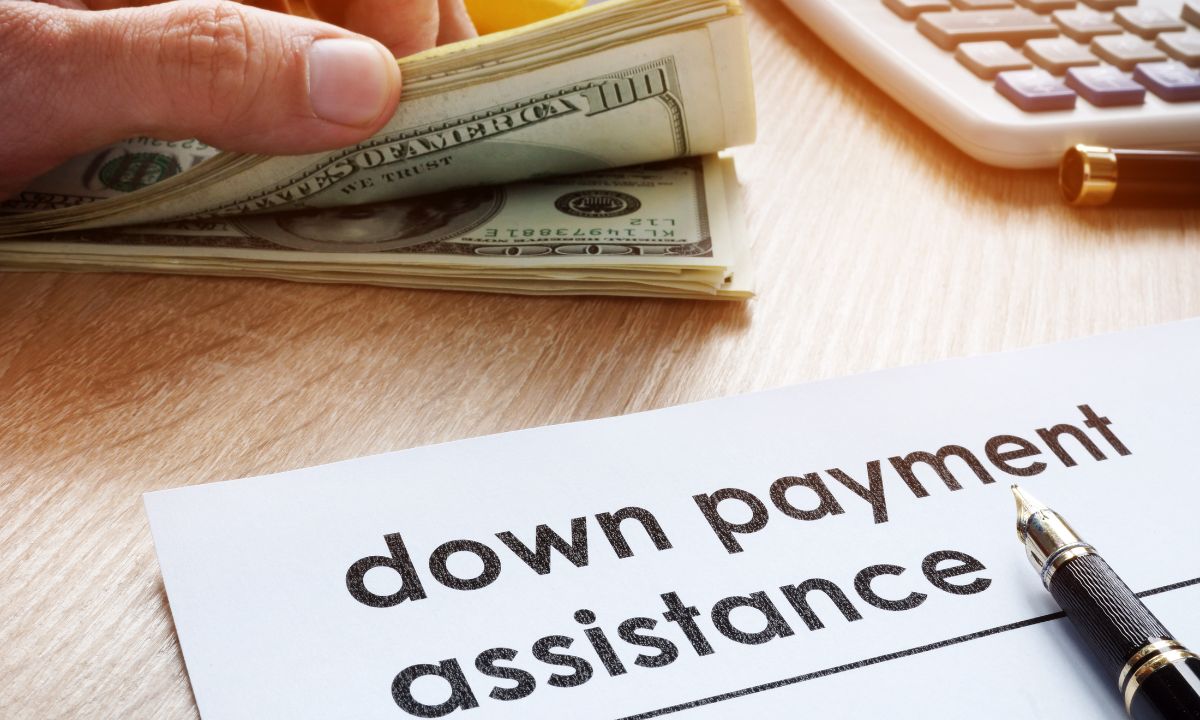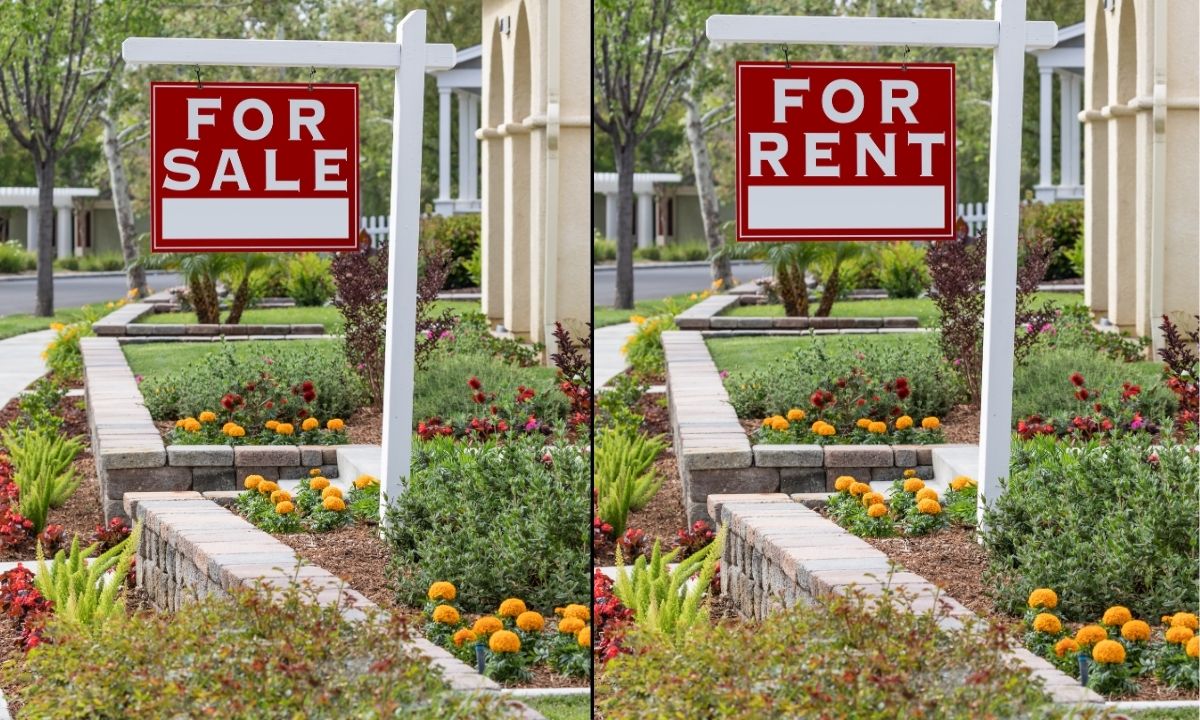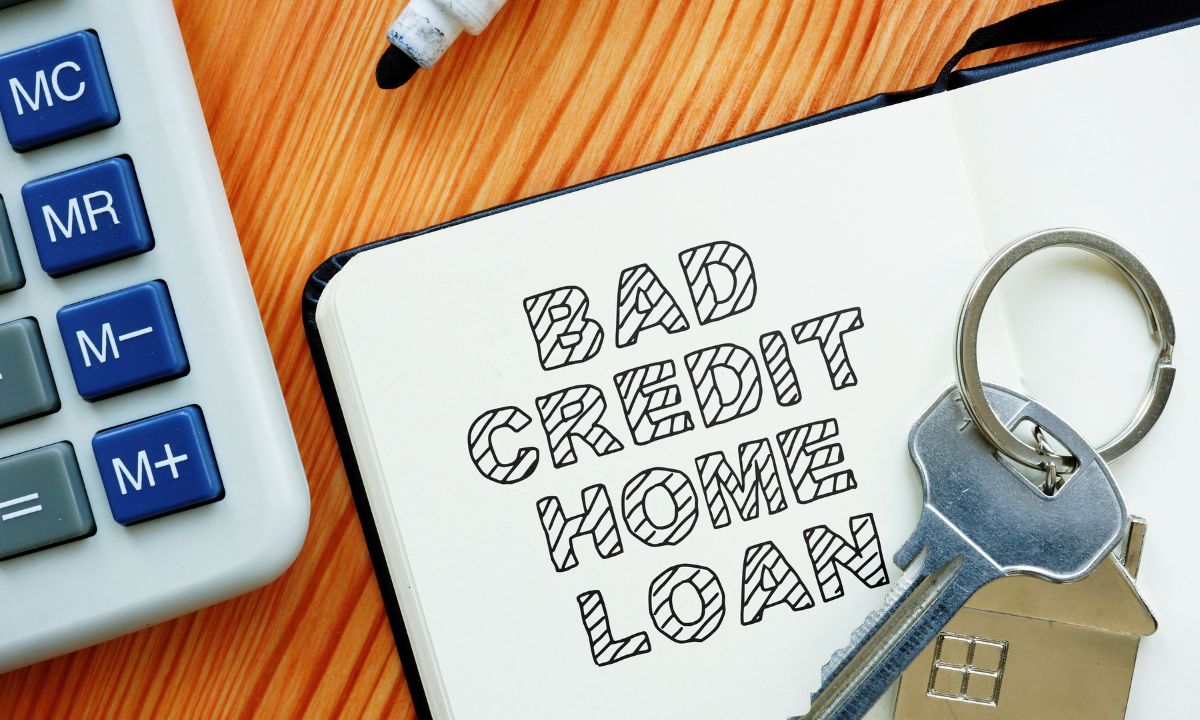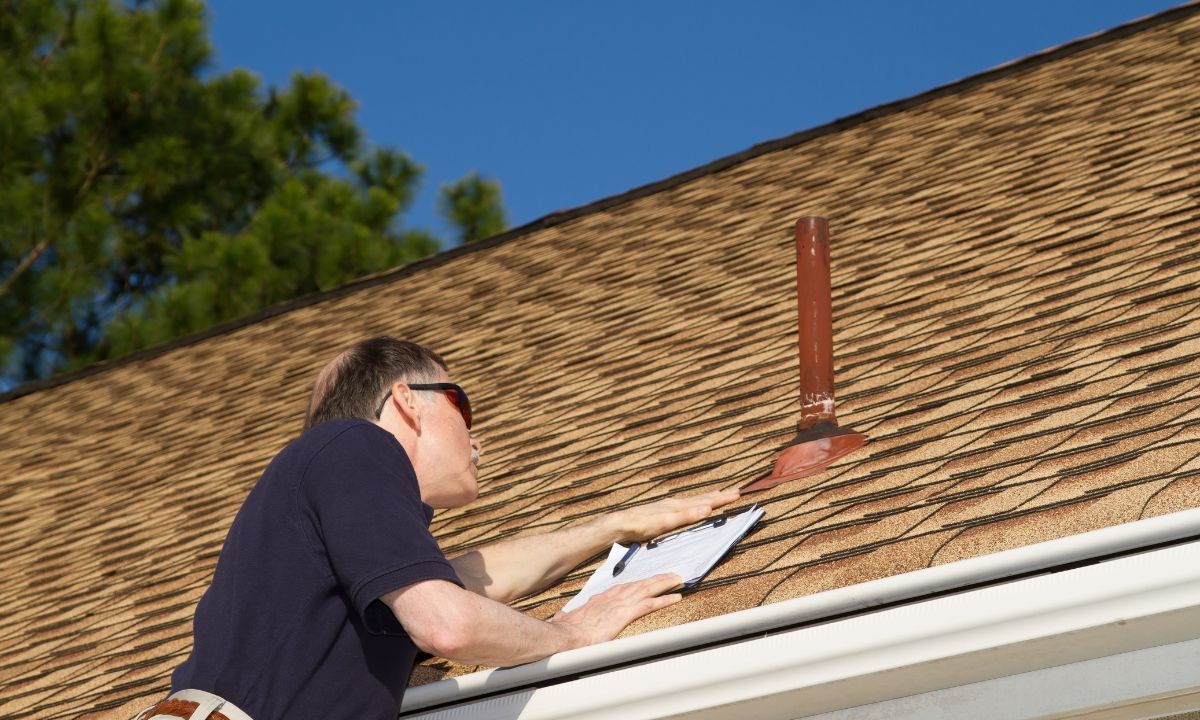 As a homeowner, your property is not just a place to live—it’s a significant investment that deserves protection. Ensuring your home’s safety and security is crucial in safeguarding your family and maintaining your property’s value. Here are some essential tips to help you protect your investment.
As a homeowner, your property is not just a place to live—it’s a significant investment that deserves protection. Ensuring your home’s safety and security is crucial in safeguarding your family and maintaining your property’s value. Here are some essential tips to help you protect your investment.
1. Install a Security System
First and foremost, consider installing a robust security system. Modern systems offer a range of features, from basic alarms to advanced surveillance cameras and smart home integration. These systems can deter potential intruders and provide peace of mind.
2. Secure Doors and Windows
Next, focus on securing your doors and windows. Ensure all entry points have sturdy locks. Consider upgrading to deadbolts for exterior doors and adding security bars or film to windows. Don’t forget about sliding doors—use a rod or a dowel in the track to prevent them from being forced open.
3. Illuminate Your Property
Furthermore, adequate lighting is a powerful deterrent against burglars. Install motion-sensor lights around your home’s perimeter, especially near entrances and dark corners. Well-lit areas make it difficult for intruders to go unnoticed.
4. Maintain Your Yard
Keeping your yard well-maintained can also enhance your home’s security. Trim shrubs and trees near windows and doors to eliminate potential hiding spots. Additionally, consider planting thorny bushes under windows as an extra deterrent.
5. Get to Know Your Neighbors
Building a relationship with your neighbors can contribute significantly to your home’s security. Neighbors can watch out for each other and report suspicious activities. Consider joining or starting a neighborhood watch program.
6. Use Smart Home Technology
Embracing smart home technology can further enhance your home’s security. Smart locks, doorbell cameras, and remote monitoring systems allow you to control and monitor your home from anywhere. These devices offer convenience and an added layer of protection.
7. Regular Maintenance Checks
Regularly inspect and maintain your security measures. Check that all locks, alarms, and cameras are functioning correctly. Replace batteries and update software as needed to ensure your system remains effective.
Protecting your home is an ongoing process that requires attention to detail and regular updates. By implementing these tips, you can significantly enhance your home’s safety and security, safeguarding your investment and providing a safe haven for your family.
 When it comes to purchasing a new home, tapping into your retirement savings can seem like a quick fix. However, this decision can have long-term repercussions on your financial future. Instead of withdrawing from your retirement, consider these smarter financial strategies to fund your home purchase.
When it comes to purchasing a new home, tapping into your retirement savings can seem like a quick fix. However, this decision can have long-term repercussions on your financial future. Instead of withdrawing from your retirement, consider these smarter financial strategies to fund your home purchase.
 Buying a second home is an exciting milestone. Whether it’s a vacation retreat, an investment property, or a future retirement haven, the decision involves many considerations. One of the most important questions you’ll face is whether to rent out your first home or sell it. Both options have their pros and cons, and the right choice depends on your financial goals, market conditions, and personal circumstances. Let’s discuss the key factors to help you make an informed decision.
Buying a second home is an exciting milestone. Whether it’s a vacation retreat, an investment property, or a future retirement haven, the decision involves many considerations. One of the most important questions you’ll face is whether to rent out your first home or sell it. Both options have their pros and cons, and the right choice depends on your financial goals, market conditions, and personal circumstances. Let’s discuss the key factors to help you make an informed decision. Have less-than-optimal credit? That doesn’t necessarily mean you have to put your dreams of homeownership on pause. While buying a home with bad credit can be challenging, it’s certainly not impossible. Understanding your options and preparing adequately can turn this daunting task into an achievable goal.
Have less-than-optimal credit? That doesn’t necessarily mean you have to put your dreams of homeownership on pause. While buying a home with bad credit can be challenging, it’s certainly not impossible. Understanding your options and preparing adequately can turn this daunting task into an achievable goal. Buying your first home is an exciting milestone, but it can also feel overwhelming. One critical step in the home-buying process is the home inspection. An inspection is a complete examination by a professional home inspector and ensures the property is in good condition and helps you avoid costly surprises. What exactly does a home inspector look for in a home you want to buy? Let’s break it down.
Buying your first home is an exciting milestone, but it can also feel overwhelming. One critical step in the home-buying process is the home inspection. An inspection is a complete examination by a professional home inspector and ensures the property is in good condition and helps you avoid costly surprises. What exactly does a home inspector look for in a home you want to buy? Let’s break it down.